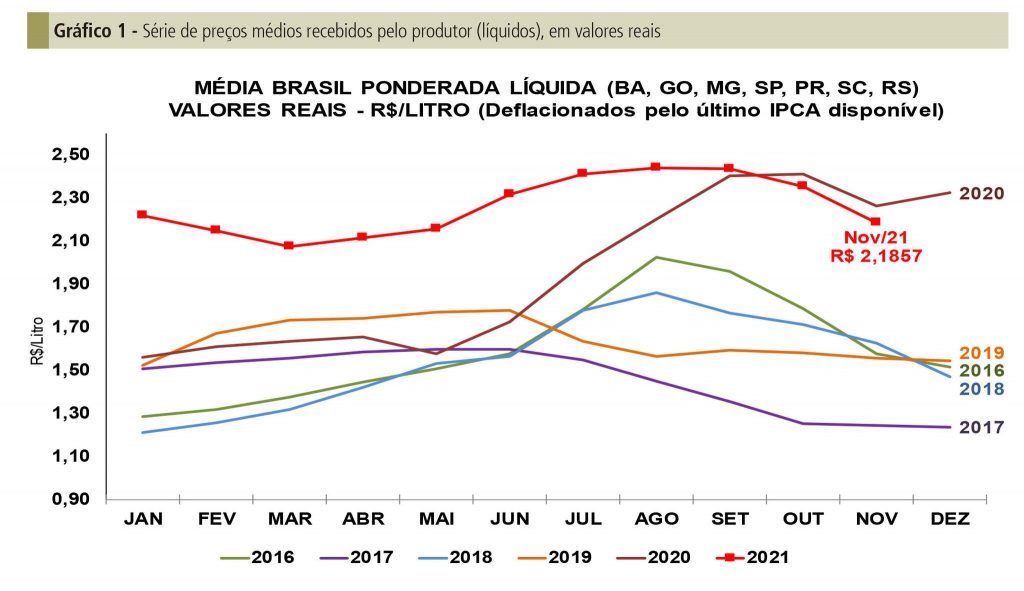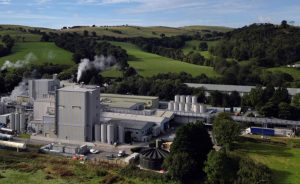Agriculture Minister Damien O’Connor told The Country’s Jamie Mackay they’d found positives of the cattle disease on three farms.
The Ashburton Guardian reported the new positive case was on a dairy farm.
While the news of the new case was disappointing, it was not unexpected during calving season, O’Connor said.
The ministry was concerned with any one of the farms being infected, but it had the systems in place to deal with it, and was working through the tracking and tracing now, said O’Connor.
“We’ll get on top of it.”
It was expected that M.bovis would return, as it was a very difficult disease to identify, said O’Connor.
“We were down to one farm. We didn’t ever think that that’s it.”
O’Connor believed M.bovis testing would have to continue for at least 10 years before the cattle disease was eradicated from New Zealand, but he was confident it could be achieved.
“We’re getting to a point now where the costs are down, the impact on farmers is way down and we’ve got it under control, if not eradicated.”
Bulk milk testing for Mycoplasma bovis earlier in the month picked up 28 dairy farms requiring further investigation.
Figures from the Ministry for Primary Industries in August showed there was just one farm actively infected with the cattle disease prior to this.
The reported number of tests completed are for testing samples for M. bovis from on-farm investigation. They do not include the Bulk Tank Milk (BTM) screening for M. bovis antibodies.
From June-August 2020 there have been 13,379 tests conducted for BTM.
Of these tests, there have been 53 farms requiring on-farm investigation. BTM is a screening test which looks for antibodies, an indication that an animal in the herd has been exposed to M. bovis.
Further tests and analysis of the farm’s risk profile are required before determining if a farm is confirmed infected or not.













